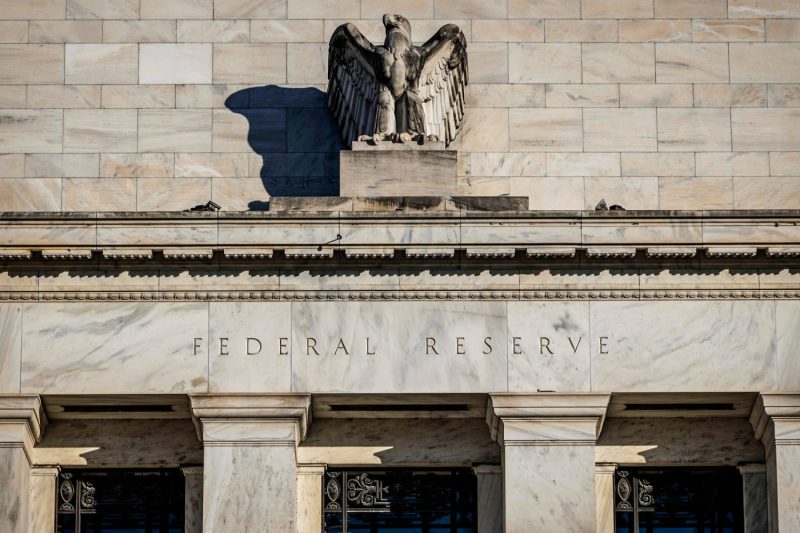The Federal Reserve on Wednesday proposed easing a key capital rule that banks say has limited their ability to operate, drawing dissent from at least two officials who say the move could undermine important safeguards.
Known as the enhanced supplementary leverage ratio, the measure regulates the quantity and quality of capital banks should be keeping on their balance sheets. The rule emanated from a post-financial crisis effort to ensure the stability of the nation’s largest banks.
However, in recent years as bank reserves have built and concerns have grown over Treasury market liquidity, Wall Street executives and Fed officials have pushed to roll back the requirements. The regulations targeted treat all capital the same.
“This stark increase in the amount of relatively safe and low-risk assets on bank balance sheets over the past decade or so has resulted in the leverage ratio becoming more binding,” Fed Chair Jerome Powell said in a statement. “Based on this experience, it is prudent for us to reconsider our original approach.”
The Fed board put the proposal open for a 60-day public comment window.
In its draft form, the measure would call for reducing the top-tier capital big banks must hold by 1.4%, or some $13 billion, for holding companies. Subsidiaries would see a larger drop, of $210 billion, which would still be held by the parent bank. The standard applies the same rules to so-called globally systemic important banks as well as their subsidiaries.
The rule would lower capital requirements to range of 3.5% to 4.5% from the current 5%, with subsidiaries put in the same range from a previous level of 6%.
Current Vice Chair for Supervision Michelle Bowman and Governor Christopher Waller released statements supporting the changes.
“The proposal will help to build resilience in U.S. Treasury markets, reducing the likelihood of market dysfunction and the need for the Federal Reserve to intervene in a future stress event,” Bowman stated. “We should be proactive in addressing the unintended consequences of bank regulation, including the bindingness of the eSLR, while ensuring the framework continues to promote safety, soundness, and financial stability.”
On the whole, the plan seeks to loosen up banks to take on more lower-risk inventory such as Treasurys, which are now treated essentially the same as high-yield bonds for capital purposes. Fed regulators essentially are looking for the capital requirements to serve as a safety net rather than a bind on activity.
However, Governors Adriana Kugler and Michael Barr, the former vice chair of supervision, said they would oppose the move.
“Even if some further Treasury market intermediation were to occur in normal times, this proposal is unlikely to help in times of stress,” Barr said in a separate statement. “In short, firms will likely use the proposal to distribute capital to shareholders and engage in the highest return activities available to them, rather than to meaningfully increase Treasury intermediation.”
The leverage ratio has come under criticism for essentially penalizing banks for holding Treasurys. Official documents released Wednesday say the new regulations align with so-called Basel standards, which set standards for banks globally.



